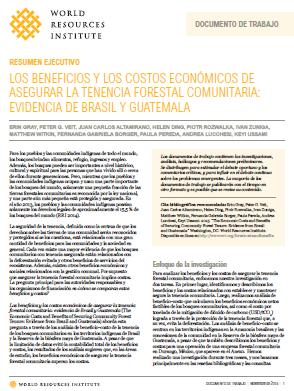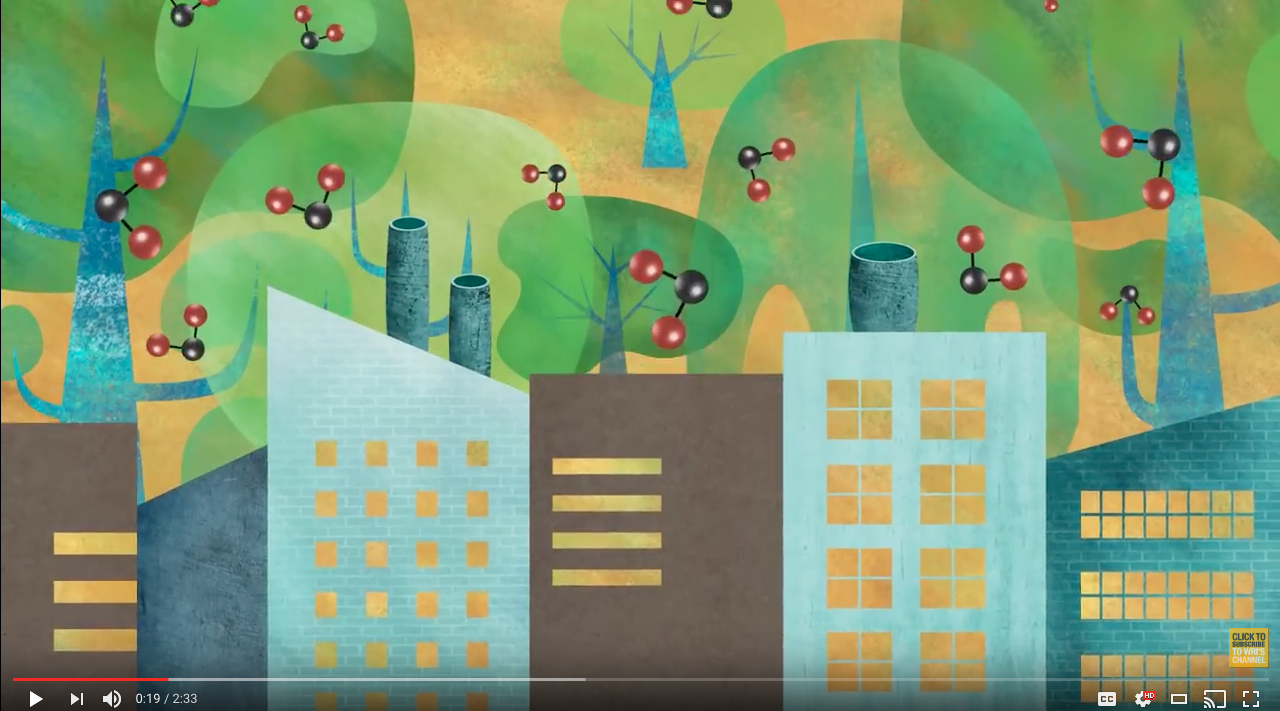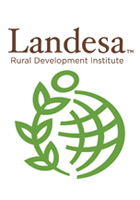Focal point
Location
World Resources Institute
The World Resources Institute is a global environmental think tank that goes beyond research to put ideas into action. We work with governments, companies, and civil society to build solutions to urgent environmental challenges. WRI’s transformative ideas protect the earth and promote development because sustainability is essential to meeting human needs and fulfilling human aspirations in the future.
WRI spurs progress by providing practical strategies for change and effective tools to implement them. We measure our success in the form of new policies, products, and practices that shift the ways governments work, companies operate, and people act.
We operate globally because today’s problems know no boundaries. We are avid communicators because people everywhere are inspired by ideas, empowered by knowledge, and moved to change by greater understanding. We provide innovative paths to a sustainable planet through work that is accurate, fair, and independent.
Resources
Displaying 46 - 50 of 94Los beneficios y los costos económicos de asegurar la tenencia forestal comunitar ia: evidencia de Brasil y Guatemala
La seguridad de la tenencia, definida como la certeza de que los derechos sobre las tierras de una comunidad serán reconocidos y protegidos si se los cuestiona, está relacionada con una gran cantidad de beneficios para las comunidades y la sociedad en general. Cada vez existe una mayor evidencia de que los bosques comunitarios con tenencia asegurada están relacionados con la deforestación evitada y otros beneficios de servicios del ecosistema. Además, existen otros beneficios económicos y sociales relacionados con la gestión comunal.
The Economic Costs and Benefits of Securing Community Forest Tenure: Evidence From Brazil and Guatemala
Evidence is growing that tenure-secure community forests are associated with avoided deforestation and other ecosystem-service benefits. There are also economic and social benefits connected to communal management. But securing community forest tenure also involves costs, including costs to establish supportive legislation, to demarcate and register the lands, to monitor and protect the lands as well as opportunity costs.
Securing Rights, Combating Climate Change
With deforestation and other land uses accounting for 11 percent of annual global greenhouse gas emissions, the international community agrees on the need to address deforestation as an important component of climate change. Community forests represent a vital opportunity to curbing climate change that has been undervalued. Today communities have legal or official rights to at least 513 million hectares of forests, only about one eighth of the world’s total, comprising 37.7 billion tonnes of carbon.
FOCUS ON LAND IN AFRICA: LINKING PROPERTY RIGHTS AND DEVELOPMENT
March 2014 – In most of Africa, land is at the heart of economic, social and political life. Therefore, land and natural resource rights and governance issues profoundly affect and are affected by development initiatives across the continent. To fully succeed and contribute to ending extreme poverty in the post-2015 world, development initiatives must recognize and strengthen the land and natural resource rights of local people, especially the rural poor and women. However, while there is growing awareness of these issues, they are often overlooked.









